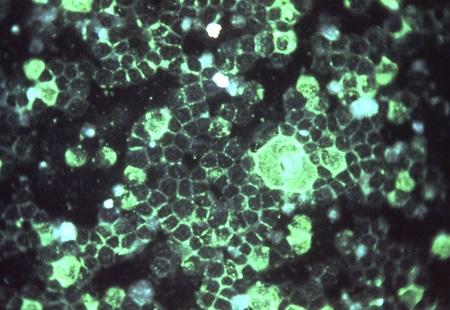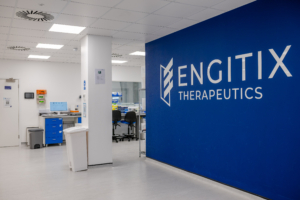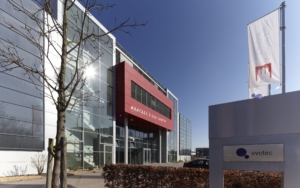
Sanofi’s/Astazeneca’s anti-RSV antibody highly effective
NHS research partners of AstraZeneca and Sanofi have reported a 83% reduction in RSV infant hospitalisations in a post-approval clinical trial.
Reduced immunity in the wake of the COVID-19 pandemic has contributed to large surges in respiratory syncytial virus (RSV) infections. After GlaxoSmithKline got the green light from the FDA for the very first RSV vaccine at the beginning of May for use in older people (>60), Sanofi SA and its partner AstraZeneca AB reported real-word data from their HARMONIE Phase IIIb trial suggesting an 83.21% reduction in hospitalisations due to RSV-related lower respiratory tract disease in infants under 12 months of age who received a single dose of nirsevimab vs placebo. Nirsevimab targets the preprotein of the RSV fusion protein.
To date, the only antibody-based intervention preventing RSV infection was available in Canada. However, though palivizumab from AstraZeneca AB prevent prevented 40%-80% of RSV hospitalizations in infants, the monoclonal antibody must be given monthly by injection. That’s where nirsevimab, which targets the same viral protein, came into play.
In HARMONIE, real-world data from the 2022/2023 RSV season were collected from more than 8,000 infants at nearly 250 sites across France, Germany and the United Kingdom, Nirsevimab reduced the incidence of hospitalizations due to patient oxygen levels under 90% by 75.71%. Additionally, nirsevimab demonstrated a reduction of 58.04% in the incidence of all-cause lower respiratory tract disease hospitalisation compared to infants who received no RSV intervention.According to estimates, the RSV-related direct medical costs, globally stood at €4.82bn in 2017.
The repiratory sycytial virus is the most common cause of lower respiratory tract disease, including bronchiolitis and pneumonia, in infants. Globally, in 2019, there were approximately 33 million cases of acute lower respiratory infections leading to more than three million hospitalisations, and it was estimated that there were 26,300 in-hospital deaths of children younger than five years.
During the post-approval HARMONIE trial, a single intramusculardose of nirsevimab (<5 kg 50 mg; ?5 kg 100 mg), compared to the standard of care were administered to palivizumab non-responders. The trial included nearly 250 sites, supported by National Institute of Health Research infrastructure (UK), the PEDSTART network (France) and NETSTAP e.V.(Germany). Participant follow-up will conclude at 12 months.
As a way of passive immunisation monoclonal antibodies do not require the activation of the immune system to help offer timely, rapid and direct protection against the disease.
A new way to improve vaccines is synthetic live-attenuated vaccines such as Codagenix’ intranasalRSV vaccine andidate CodaVax- RSV that entered Phase I testing in mid-May. It works by codon deopimisation.


 Photo from Giulia Bertelli on Unsplash
Photo from Giulia Bertelli on Unsplash  Engitix
Engitix Evotec SE
Evotec SE